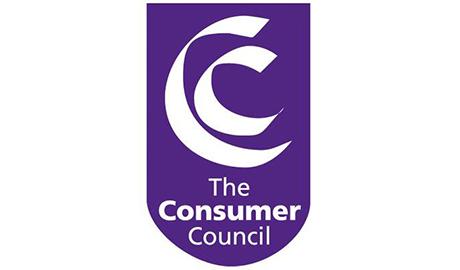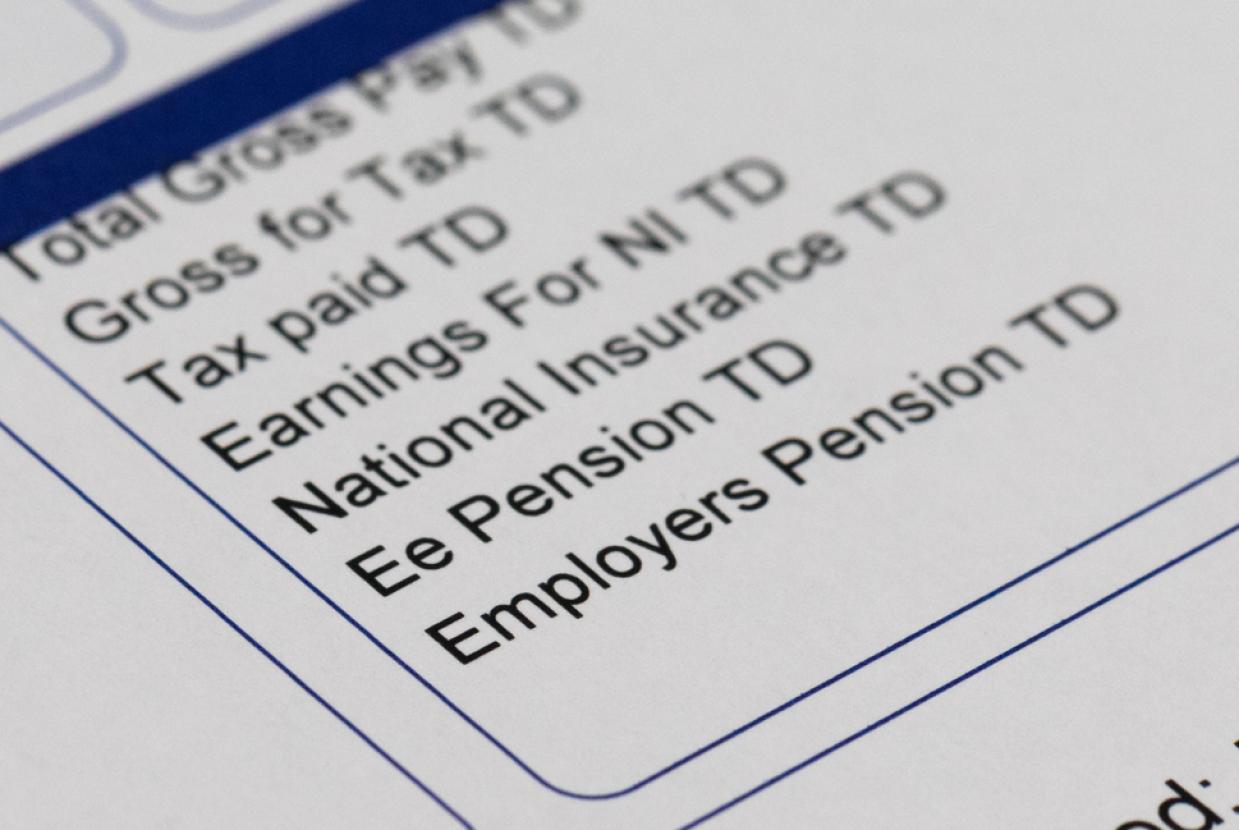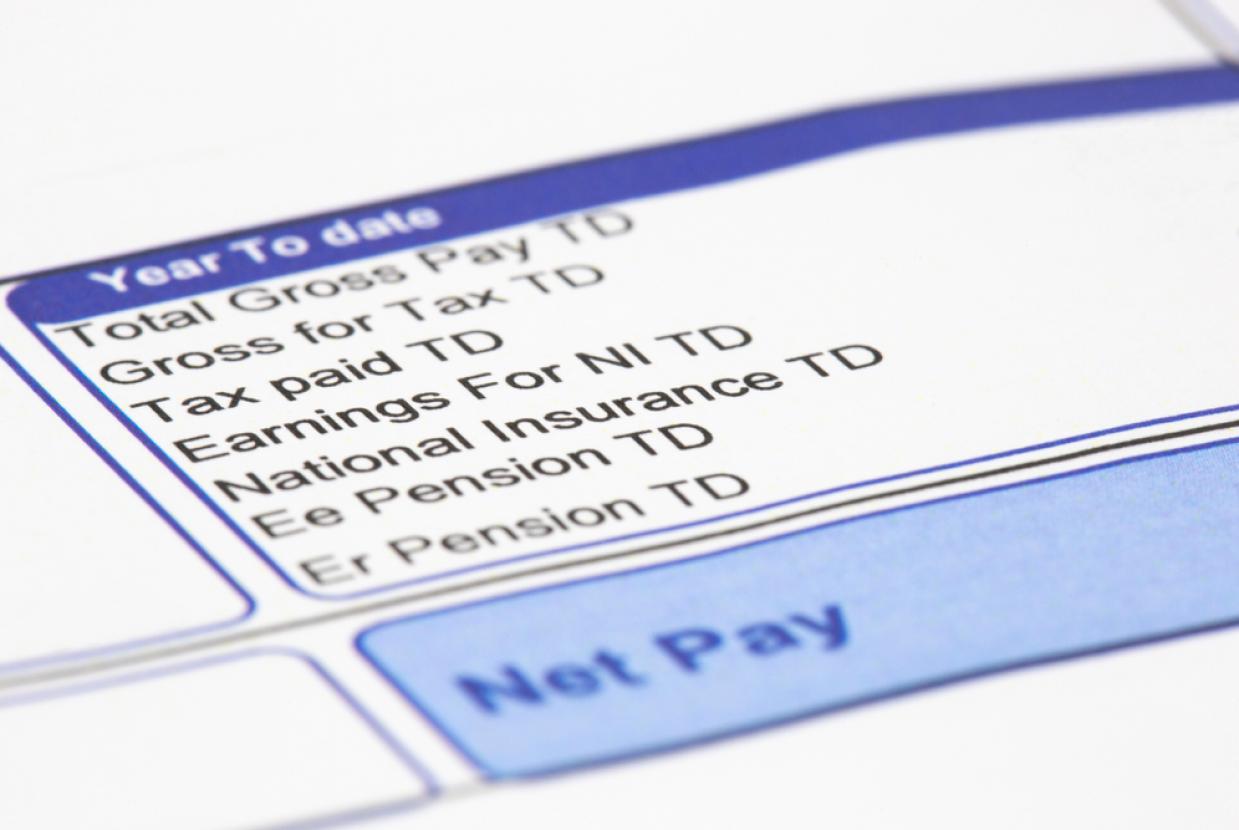Saving Money On Rising Energy Bills
Financial HealthSome energy prices are extremely high, but there are small changes you can make to help your energy budget stretch that little bit further
As part of consumer week, we want to give you some advice and tips to boost your energy budget and make it stretch further. By becoming more energy efficient in running your household and its appliances, you can save around £100 per year from your electricity bill.
Here are some tips on ways you can act on now in order to save on electricity and heating bills.
Minimise your electricity usage
- Switching off appliances at the wall could save you £40 per year.
- Only using the water you need in a kettle could save you £8 per year.
- Reducing your washing machine temperature to 30°C could save you £10 per year.
- Wait to use appliances like your washing machine & dishwasher until there is a full load.
- Use outdoor drying instead of tumble dryer where possible.
- Turn off lights when leaving a room could save you £14 per year.
Save on your home heating
- Pull your sofa away from the radiator if it is in front of it.
- Keep curtains closed to keep heat in.
- Draught-proof windows and doors.
- Turn down your thermostat by 1°C could save you £80 a year.
- Servicing your boiler regularly will reduce your heating bills.
- Insulating your loft can save you around £155 per year.
- Cavity wall insulation can save you as around £185 a year.
- Solid wall insulation can save you around £250 a year.
Switch to energy-rated appliances
Switching existing household appliances such as a fridge and washing machine to energy-rated appliances will save money in the long run. You can also replace your household bulbs with LED alternative ones. LED lighting is extremely energy efficient, saving consumers up to £30 per year.
The Consumer Council has developed some handy tools to help you see how much money your electrical appliances are costing you to run:
- Want to know how much to run your washing machine or how much you spend on boiling your kettle? You can use the common appliance running cost checker on its website find out how much you are spending.
- Our single appliance checker will let you see how much appliances cost to run on a per-minute, per-hour, and per-day basis. This is handy for checking out how much that new fridge will cost to run.
Switch supplier and save
Consumers can switch payment methods to see the biggest savings – for example from paper billings to direct debit e-billing. There are over 20 different electricity tariffs available so you should switch and save. The Consumer Council's website has a free energy price comparison tool that allows you to compare all available tariffs in one place.
If you are a gas customer in the Great Belfast area, check that you are on the cheapest tariff as there are two suppliers in this network. Unfortunately there is no competition in the Ten Towns gas network. There are also savings to be made on home heating oil, each supplier will have their own price – so it is important to shop around as there is money to be saved.
Every week the Consumer Council survey prices from around 70 home heating oil suppliers across Northern Ireland and publish the results of the cheapest, average and most expensive prices for 300 litres, 500 litres and 900 litres in an interactive tool format on its website. You can use this information as a benchmark to see if you are paying more than the average on the cost of home heating oil.
Oil Buying Clubs and budgeting
The Housing Executive has established 27 Oil Buying Clubs across Northern Ireland which has enabled householders to buy oil at a competitive price through community bulk buying and make savings.
The Northern Ireland Oil Federation also has PayPoint facilities to enable you to budget and make regular payments towards your oil delivery instead of having to pay for your delivery in a lump sum.
Emergency oil drums
Avoid buying 20 litre emergency oil drums from forecourts as a regular means of topping up your oil tank as they are extremely expensive and should only be used in emergency circumstances.







































